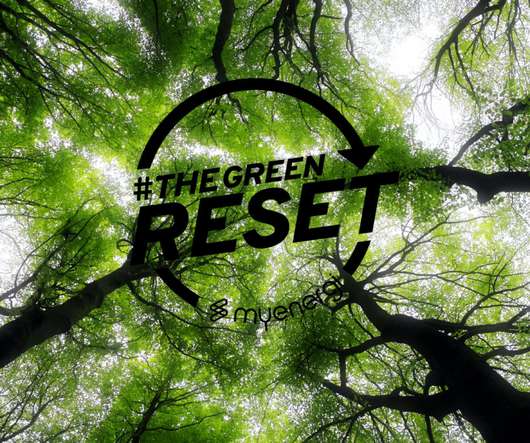EPA releases national assessment of strategies to reduce air pollution at ports
Green Car Congress
SEPTEMBER 23, 2016
A new report from the US Environmental Protection Agency (EPA) finds that air pollution at US ports can be reduced significantly at all port types and sizes through a variety of strategies and cleaner technologies. In 2030, adding plug-in hybrid electric vehicles to these fleets could yield even more NO x and PM 2.5



















Let's personalize your content